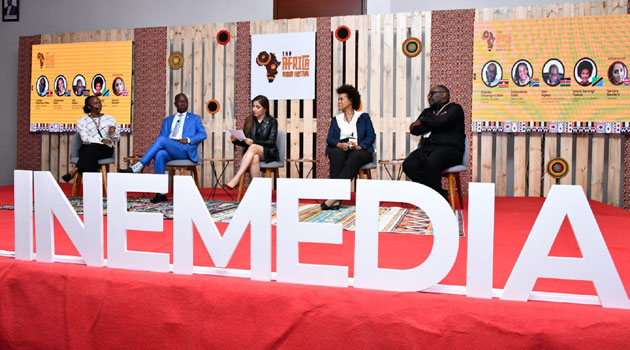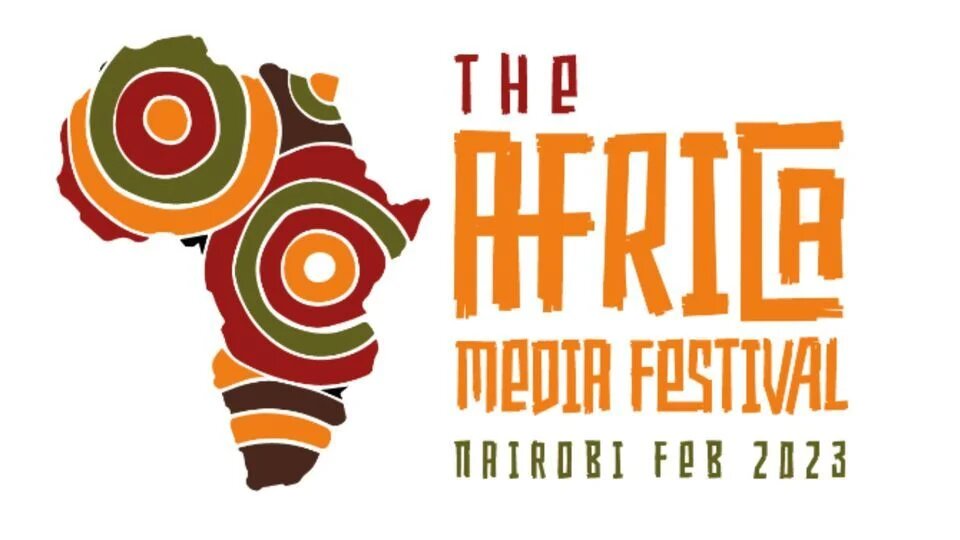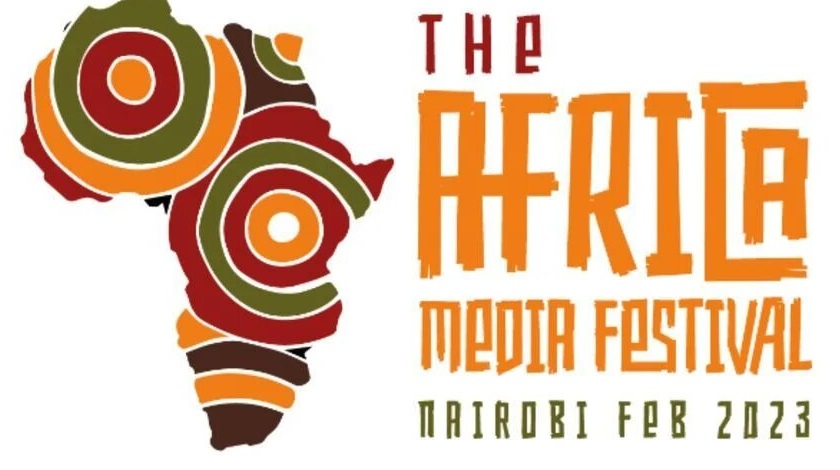Participants at the first-ever Africa Media Festival, which began on Tuesday in Nairobi, have urged for creative strategies to support media sustainability.

Speakers at the two-day conference, which ends on Wednesday, underlined that the fundamental change in newsrooms by technological breakthroughs necessitates interventions that look to the future.
One of the main concerns was the COVID-19 epidemic and a developing pattern of quick information dissemination.
The media festival that Baraza Media Lab sponsored gave participants a forum to discuss cutting-edge and futuristic topics.
.jpg)
A more thorough and ongoing discussion on media sustainability is needed, according to Maurice Otieno, the executive director of Baraza Media Lab, in light of the ongoing infodemic around the world.
"How the media should function in the future and how it should survive is an existential challenge. We may consider ways to modify the ecosystem cooperatively when we bring individuals from across the continent.
The festival aims to establish a platform for conversations on innovation and forward-thinking initiatives within diverse facets of media in play because "for more systemic solutions, we will require the industry's participants to gather and discuss a group issuepath ahead."
According to Otieno, online news, digital newspapers, ads, and magazines became the new norm for information transmission and consumption throughout the epidemic.
Model for advertising change
Additionally, he pointed out that during this period of transformation, advertisers shifted from the industry standard of 30-second commercials to content created for social media platforms.
"Media faces existential difficulties worldwide, and for the industry to survive, some significant advances must occur. With multiple job layoffs, media companies closing, and content providers redefining how they create, distribute, and sell content, COVID-19 has yet to be kind to the industry, he claimed.
"While some may contend that the media has lost its power, the current difficulties provide media firms chances for creativity and change,"

Otieno's comments find support from Christine Mungai, curator of Baraza Media Lab.
He claimed that the long-used advertising model to pay for media operations no longer generates reliable profits. He pointed out that this has exposed media companies to financial strain.
She also pointed out that as political intervention has grown, supporting and developing media organisations has become more challenging.
Imaginative media
Mungai did point out that innovative media business models have emerged across the continent, providing new opportunities for growth and sustainability.
Regarding sustainability, "media companies are confronting specific and urgent difficulties, and there is a need for new business models, the significance possibilities of harnessing technology to reach new audiences and the benefits of diversifying revenue streams," she said.
The media community from all over the continent gathered for the festival with the subject "Reimagine Media" to discuss the present and future of the African media landscape.
Since its founding in 2020, Baraza Media Lab has worked to restore confidence between essential stakeholders and the general public to help the development of Kenyan media.









